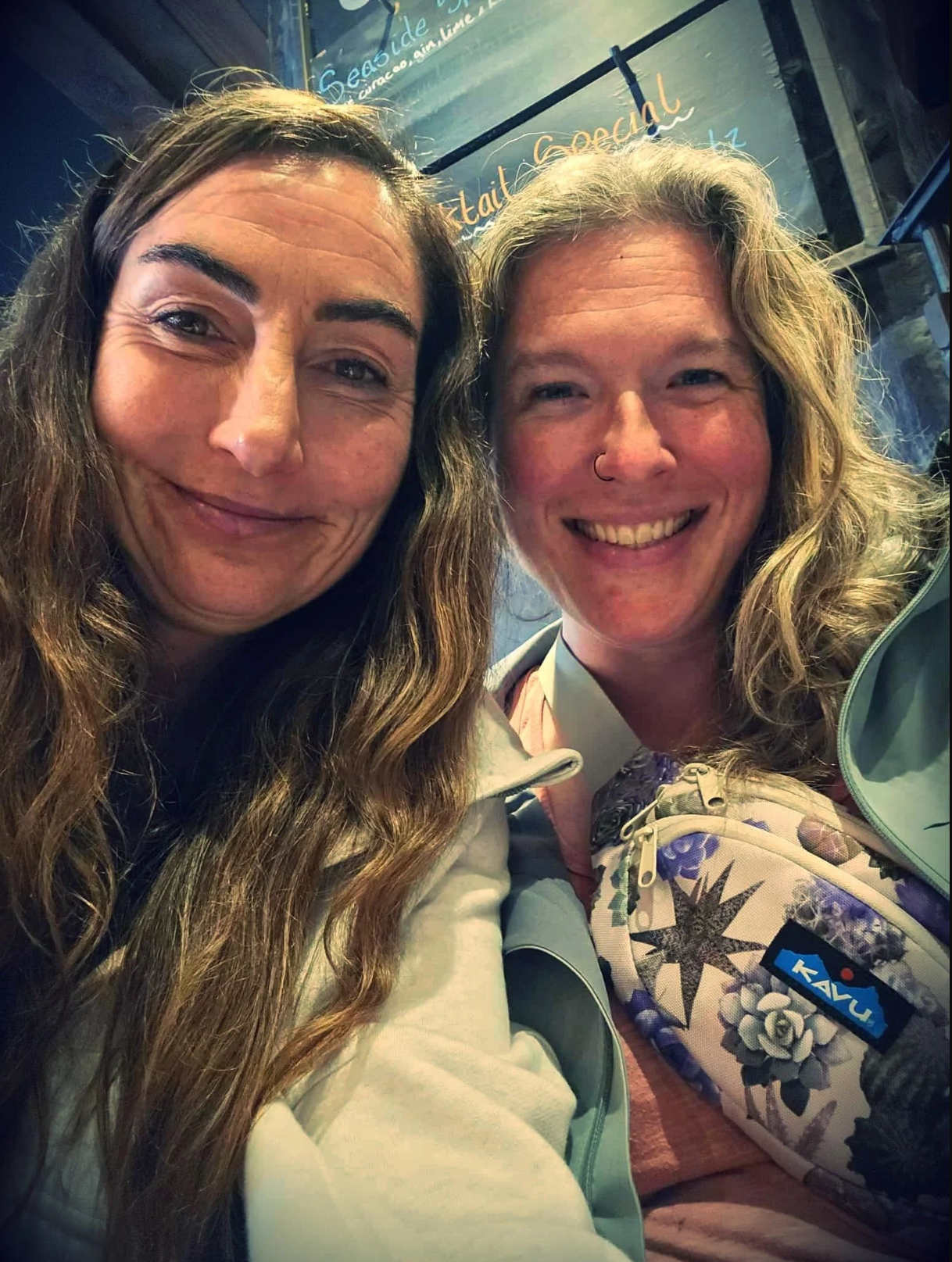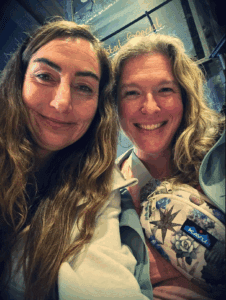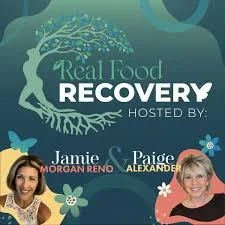
In this reflective, clinically rich conversation, Molly and Clarissa begin by looking back on the words that shaped their last year—and naming the ones guiding them forward. From emanate and flourishing to safety and permission, they explore how intention-setting collides with real life, nervous systems, social context, and recovery work.
From there, the episode moves into a nuanced and often uncomfortable topic: “volume addiction.” Is overeating whole foods after removing ultra-processed foods simply binge eating disorder in disguise? Sometimes yes. Sometimes no. And sometimes it’s something entirely different.
Drawing from decades of combined experience in addiction treatment, mental health, trauma, and eating disorders, Molly and Clarissa unpack:
- Why labeling overeating as a new “addiction” can do more harm than good
- How binge eating disorder is diagnosed (and why food type alone doesn’t define it)
- The roles of nervous system dysregulation, trauma, habit learning, dopamine loops, hormones, and survival biology
- Why early recovery often includes a messy stabilization period—and why that’s not pathology
- The tension between rigid food rules and true safety
- Why embodiment, somatic work, mindfulness, and self-compassion are foundational—not optional
They also challenge both food addiction and eating disorder paradigms when they become overly rigid, externalized, or disconnected from lived experience. Instead, they make a compelling case for internal resources over external control, and for recovery approaches that allow experimentation, nervous system safety, and individual variation.
This episode is an invitation to think more broadly, more compassionately, and more critically—about labels, treatment, and what long-term recovery actually requires.
Key themes include:
- Safety as a prerequisite for flourishing
- Permission to disappoint, experiment, and be fully yourself
- Why healing is inherently non-linear and embodied
- Moving beyond shame, restriction, and one-size-fits-all answers
If you’ve ever wondered whether something is “wrong” with you for still struggling after removing ultra-processed foods—or felt boxed in by labels that no longer fit—this conversation offers both validation and a way forward.












